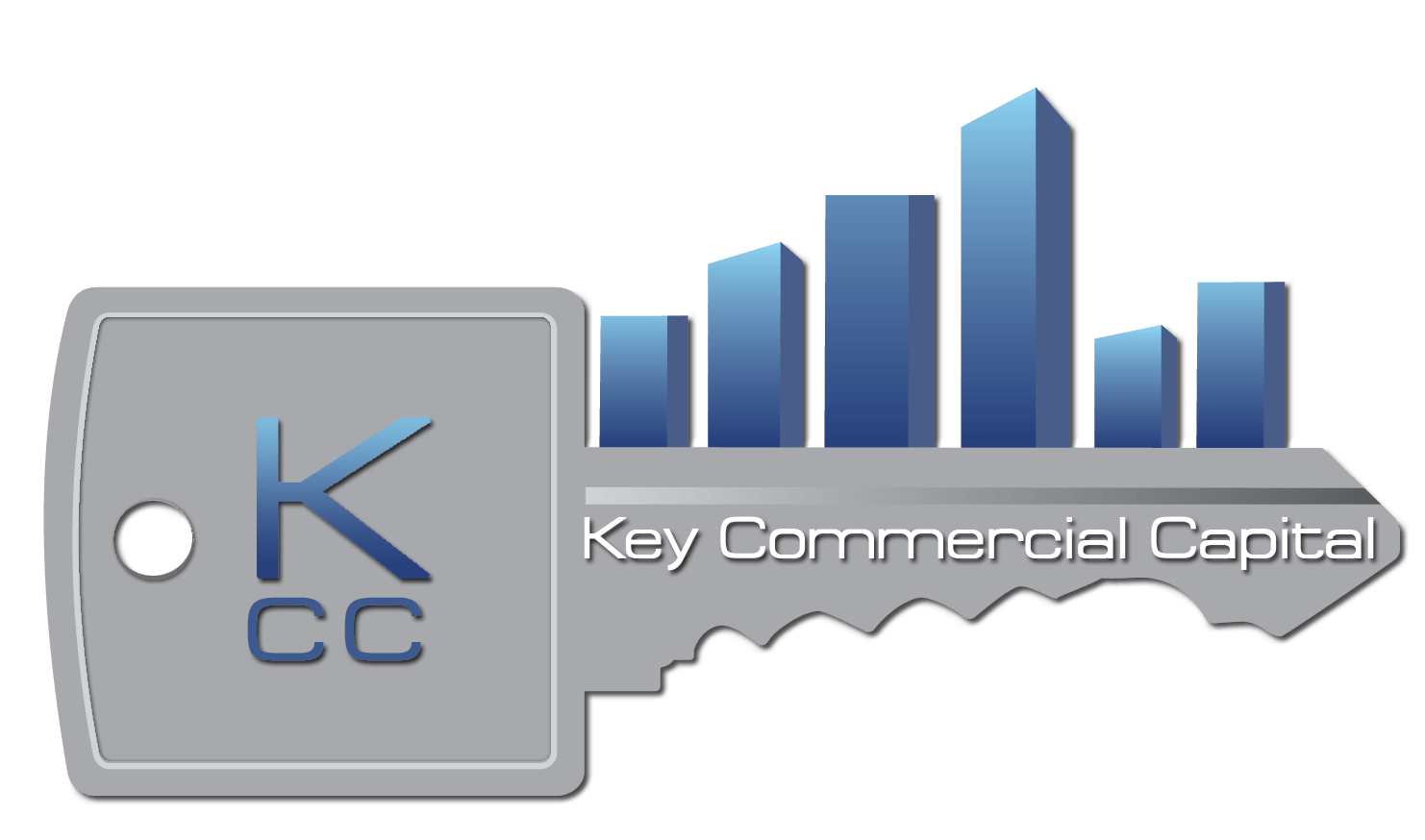New business owners who are applying for SBA loans in the State of Texas tend to run into issues when it comes to collateral. Banks that are underwriting SBA loans for a new business often times require the borrower to pledge a personal asset to their SBA loan. In many cases borrowers pledge their primary home. They allow the bank to put a position lien on the home (usually behind the primary mortgage and in some cases after the primary and a secondary home equity loan or line of credit). This is a common form of collateral for many new business owners in all other States outside of Texas.
Loan Collateralization Issues in Texas
In the State of Texas borrowers are not able to pledge their primary residence as collateral for an SBA loan due to the laws in the State related to Homestead. A homestead is defined in Texas as the place of residence for a family or individual and is secure from forced sale by general creditors. For more specific information about Texas real estate laws https://statelaws.findlaw.com/texas-law/texas-homestead-law-overview.html

Alternative Collateral
Other Real Estate
What are the options for a business owner who needs some type of collateral to pledge to his or her SBA loan? The first option is to pledge real estate that is not the primary residence. It is perfectly acceptable to pledge a rental property or other real estate asset to the loan as long as it is not the borrower’s primary residence. If you’re an existing business, it’s actually possible to purchase a building your business is currently leasing, using it was collateral and receive with 100% financing.
Cash or Payment Reserve
Another option some banks offer when requiring a collateral pledge to an SBA loan is cash collateral. Cash collateral can be in a few forms. A CD (Certificate of Deposit) at the bank offering the SBA loan can be held for the term of the loan. The face value required will depend on the SBA loan amount requested by the borrower. A CD can usually accrue a small amount of interest but must remain at the bank offering the SBA loan for the entire term of the loan or until the loan is paid in full (if paid early).
A payment reserve is another cash collateral option in lieu of a CD. This option although accrues less interest, is only held at the bank offering the SBA loan (in a bank-controlled savings account) for a period of 2 years. If the borrower makes loan payments in full and on time for a period of two years and is meeting its projections (or operating with cash flow just above break- even) by the end of the 24th month, the payment reserve is released back to the borrower. The amount of payment reserve required by the bank will depend on the SBA loan amount.
Life Insurance Policy
Yet another option for a collateral pledge is a whole life insurance policy that has cash value. Life insurance policies that are whole life (not term) can have an amount of cash that is associated with the policy. If the policy owner decides to cancel or cash in the policy they can get the sum of money that the policy value is worth. This is not to be confused with the face amount or the death benefit amount of the policy. In this case if someone has a whole life insurance policy with a significant amount of cash value, he or she can assign the policy to the bank offering the SBA loan. The assignment of the policy cash value means that the bank can cash it in for its value should there be a default of the SBA loan. Once the loan is paid in full or has reached the end of its term, the bank will release the assignment back to the policy owner.
Texas Homestead Work Around – Using Equity in a Primary Residence
What if a borrower applying for an SBA loan does not have cash collateral or a life insurance policy that has cash value to assign to the bank? What if they do not have other real estate to pledge and all they have to pledge is their primary residence? This is a solution. It may not be the best solution, but nevertheless it is an option that is viable. The SBA requires the bank offering the SBA loan to ensure that the equity injection being put into the business by borrowers be non-borrowed funds. This means a borrower must prove that the percentage of equity (or cash injection) required for their SBA loan come from a verifiable checking, savings, retirement or investment account. However, the SBA does NOT require a cash collateral pledge to be non-borrowed funds. This means that an SBA loan applicant can utilize the equity in a primary residence in the State of Texas as collateral if they take the equity out of the primary home through a refinance. The applicant can also take out a Home Equity Loan or Line of Credit for the amount of collateral required by the bank offering the SBA loan.

Timing and Disclosure Considerations
It is best to discuss this with us before beginning the process to be certain of the amount of cash collateral that will be required by the bank offering the SBA loan. It is also best to have a written proposal from the bank offering the SBA loan in hand prior to starting a refinance or the process to take out a home equity loan or line of credit. The written proposal from the bank offering the SBA loan should outline, in addition to the rate, term and equity requirement, the amount of cash collateral that will be required for the particular loan file.
If you plan to utilize equity from your home for a cash collateral pledge to an SBA loan, it is best to provide full disclosure to the bank offering the SBA loan so they know the plan and are aware of possible credit report inquiries to be expected. Key Commercial Capital would be happy to discuss these details with you further and to set your business up with the right SBA lender match it needs to open the doors of your business. We are vigilant to know and understand the SBA SOP (standard operating procedures). When borrowers are advised properly on the SBA rules it ensures a smooth process for approval and closing. We look forward to working with you to unlock the funds needed to take your business to the next level. Key Commercial Capital – Just Better!
Helpful Business Lending Information
Buying an existing franchise? Read about Getting Financing for an Acquisition.
7 Financial Mistakes People Make When Purchasing a Franchise or Business and how to avoid them.

